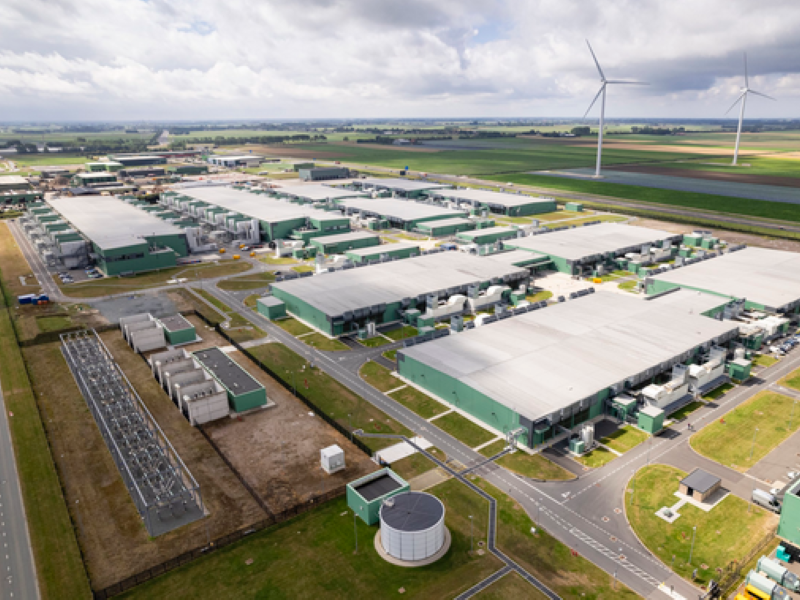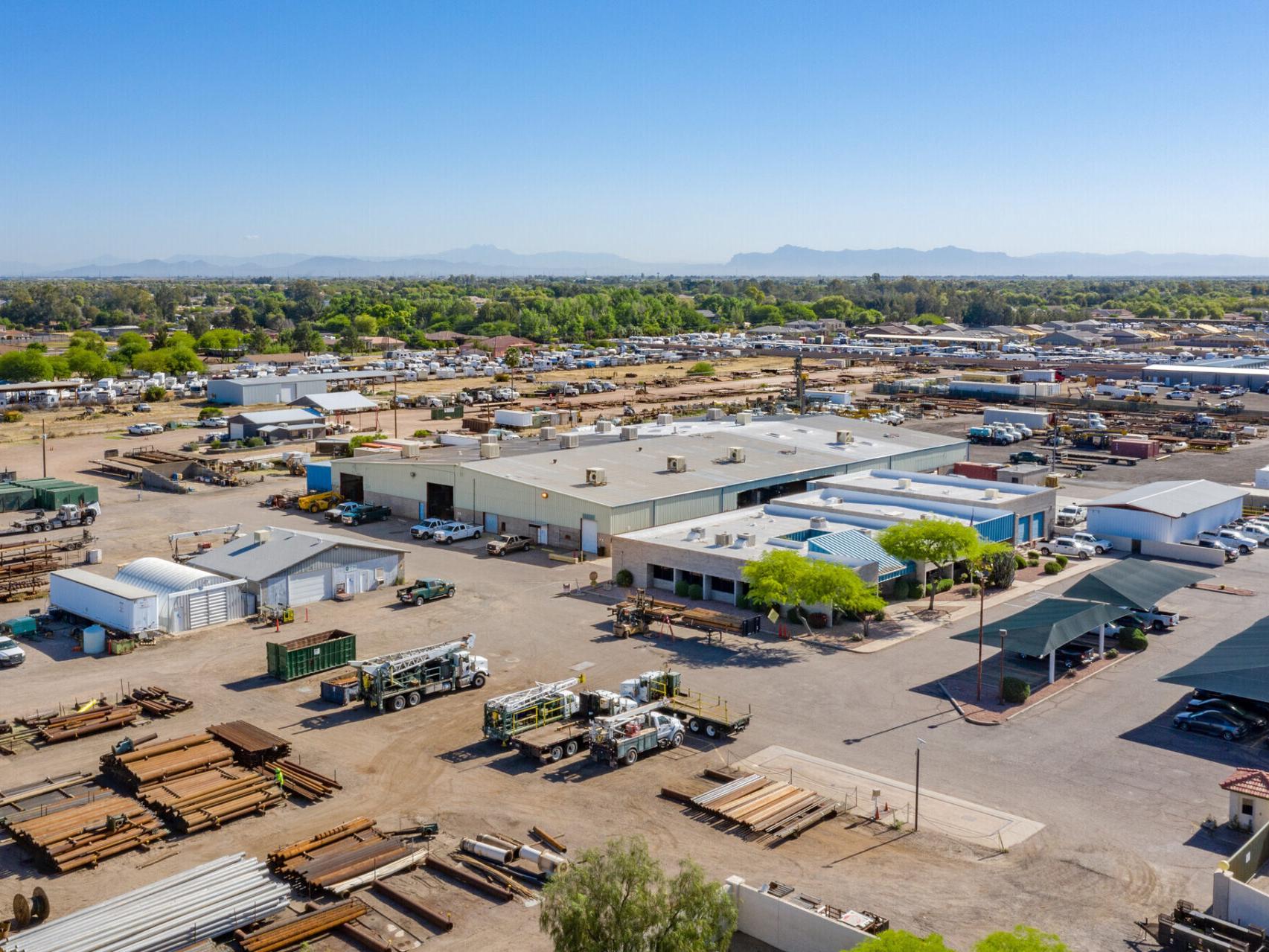Microsoft Boosts Data Center Capacity in San Antonio Region
The new facility marks the company’s third project in the area.

Microsoft will more than double the size of a data center campus in Medina County, Texas, in the San Antonio metro, the San Antonio Business Journal reported based on a filing with the Texas Department of Licensing and Regulation.
The planned single-story, 244,000-square-foot building reportedly will offer space for up to five tenants. Construction is planned to begin in April 2026 with a tentative dollar value of $483 million, according to SABJ.
WSP USA, of New York, is designing the space. Construction is expected to finish in the first quarter of 2028.
READ ALSO: Are Microgrids the Answer to CRE’s Power Struggle?
Once underway, this will be the third data center Microsoft is developing at a site near Castroville, Texas. The first two buildings are expected to deliver later this quarter.
Other companies too are part of a data center boom in the metro, including CyrusOne, Vantage Data Centers, Amazon and CloudHQ.
Just last month, Stream Data Centers broke ground on its third project in the San Antonio region, a campus with up to five AI-ready buildings totaling 1.5 million square feet and supporting up to 200 MW of capacity. The first 300,000-square-foot building is scheduled to deliver in the second quarter of 2025.
Massive Midwest commitment
Unsurprisingly, Microsoft has been a steady and major player in data center development. One of its highest-profile projects has been a $1 billion, 215-acre data center campus in Mount Pleasant, Racine County, Wis., which broke ground in August 2023. Lead contractor Walsh Construction was scheduled to begin foundation work on the development’s four buildings that fall, with project completion expected in 2026.
This past May, however, Microsoft announced plans to expand the project with perhaps $2 billion or more of additional cloud and AI infrastructure capacity. Other aspects of the expansion involved partnerships with Gateway Technical College and the University of Wisconsin–Milwaukee and a partnership with National Grid build a new 250 MW solar project in the region.







You must be logged in to post a comment.